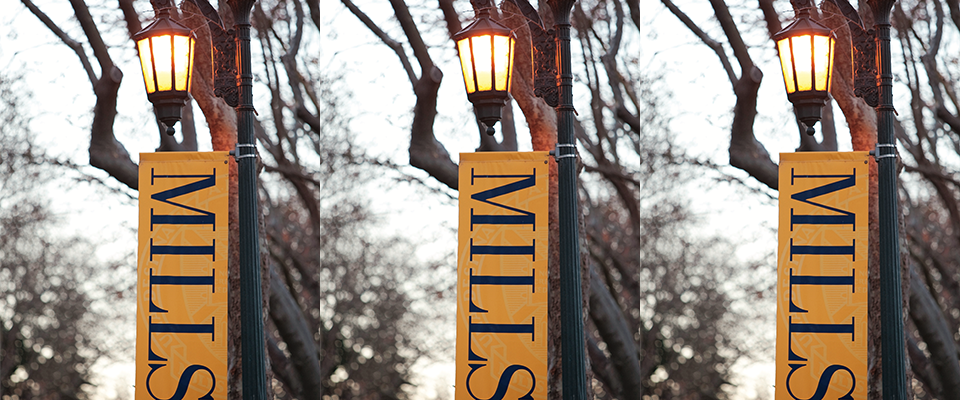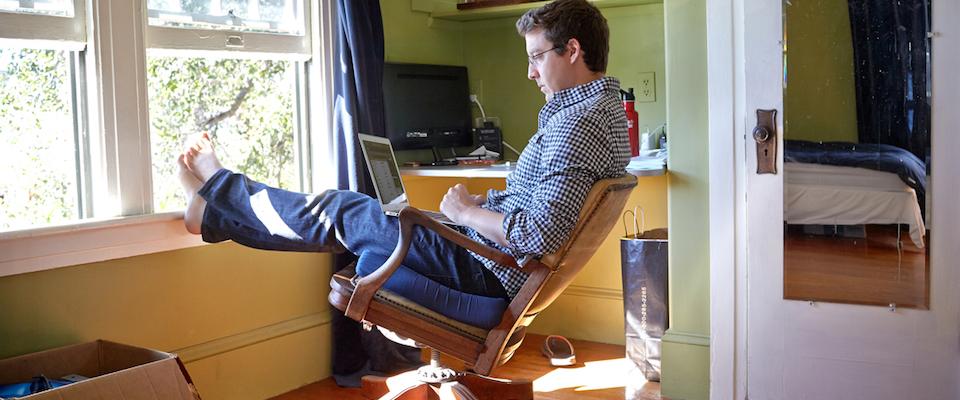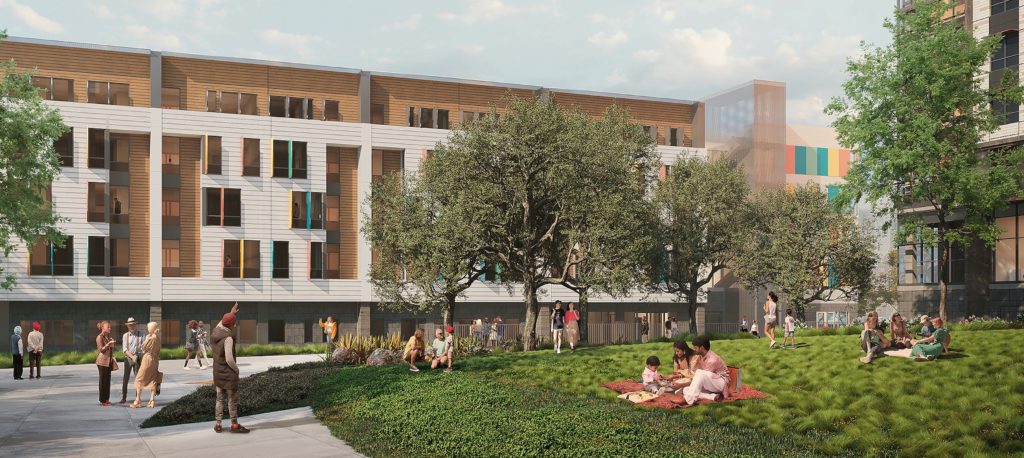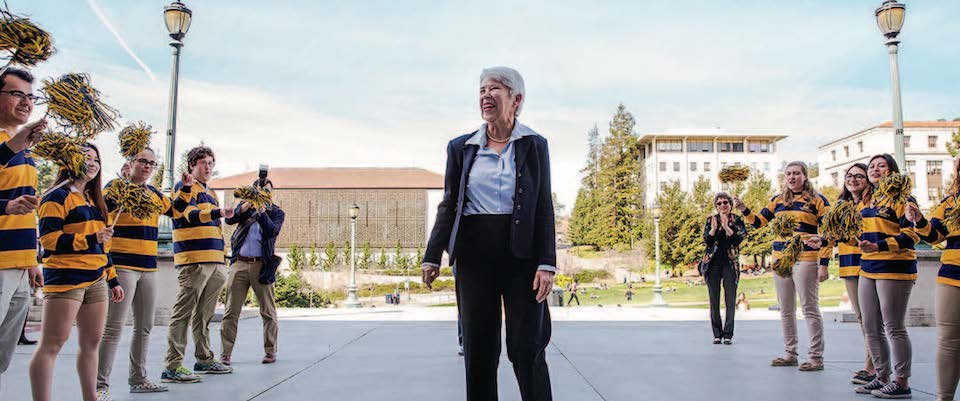A new solution to Cal’s housing and classroom shortage
In early March, the leadership of Mills College announced that the institution would discontinue its enrollment for first-year students after fall 2021. By 2023, the small private college in Oakland, established in 1852 for the education of undergraduate women, will be officially closed.
When one door closes, however, another opens. With Mills’s closure, Berkeley has found a partial solution for an ongoing problem: the University has long struggled to provide enough housing or classroom space for its incoming students. To help combat this shortage, Berkeley has already created special programs for first-year students, including the Fall Program for Freshmen (FPF) and the (pandemic-suspended) Global Edge in London.
“The academic experience will be cozier, but otherwise similar, with an even more state-of-the-art Berkeley Changemaker curriculum,” says Richard Lyons.
FPF is a one-semester program, started in 1984, that provides the opportunity for about 750 first-year students in the College of Letters and Science to take core classes together off Berkeley’s main campus. Berkeley Global Edge in London is a fall semester international program for incoming students that was created in 2015 and had 90 students in 2019. (The latter was suspended in 2020 due to COVID-19 and will not return in the fall of 2021.)
Ramu Nagappan, assistant dean of UC Berkeley Extension, which runs FPF, told Berkeley News that the program has been a success, demonstrating “small, but measurable differences in academic outcomes—their GPAs are slightly higher, their time to graduate is a little faster than College of Letters and Science students who start on the main campus.”
The University hopes to duplicate that success with a new yearlong opportunity, the UC Berkeley Changemaker in Oakland program, for roughly 200 first-year students to take core classes at Mills.
“The academic experience will be cozier, but otherwise similar, with an even more state-of-the-art Berkeley Changemaker curriculum,” said Richard Lyons, Berkeley’s chief innovation and entrepreneurship officer. Launched in 2020, Berkeley Changemaker is described as “a way to codify an essential part of what UC Berkeley has always stood for” with a curriculum that “activates undergraduates’ passions and helps them develop a sharper sense of who they want to be and how to make that happen.”
Said Lyons, “What excites me most about this program is how it points the way to our future. For example, as UC Berkeley gets larger, my sense is that integrated first-year programming like this will become more and more valuable. And having first-year programming like that of Berkeley Changemaker that aligns with values that so sharply distinguish Berkeley—values like question the status quo and serve the greater good—feels like the right direction as well.”
From the Summer 2021 issue of California.





















